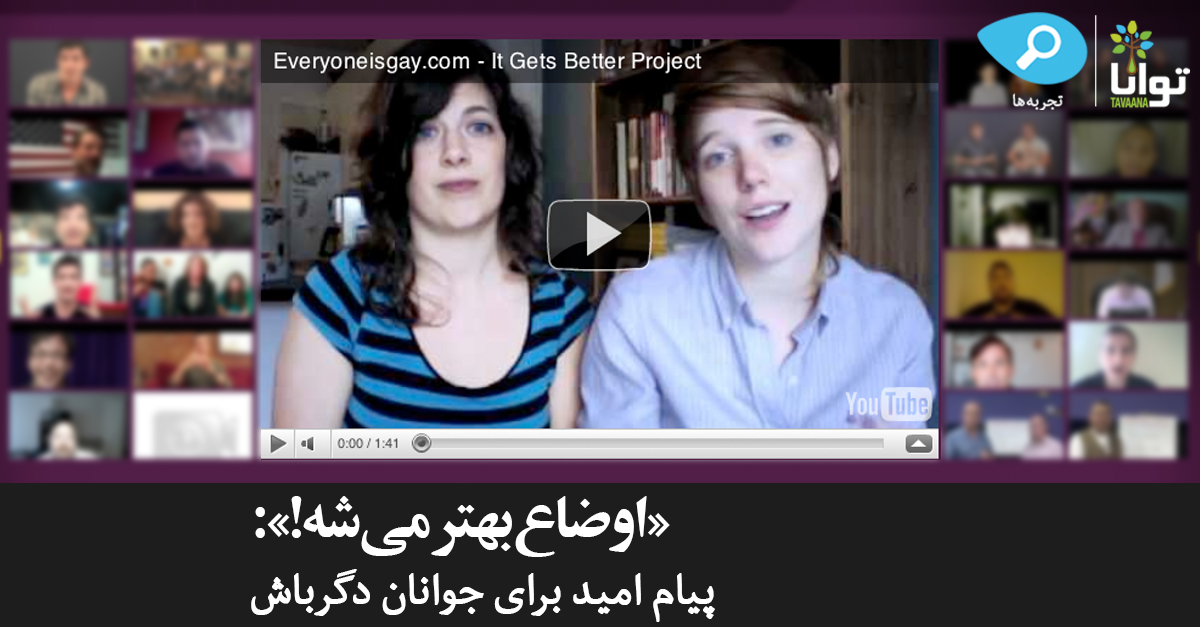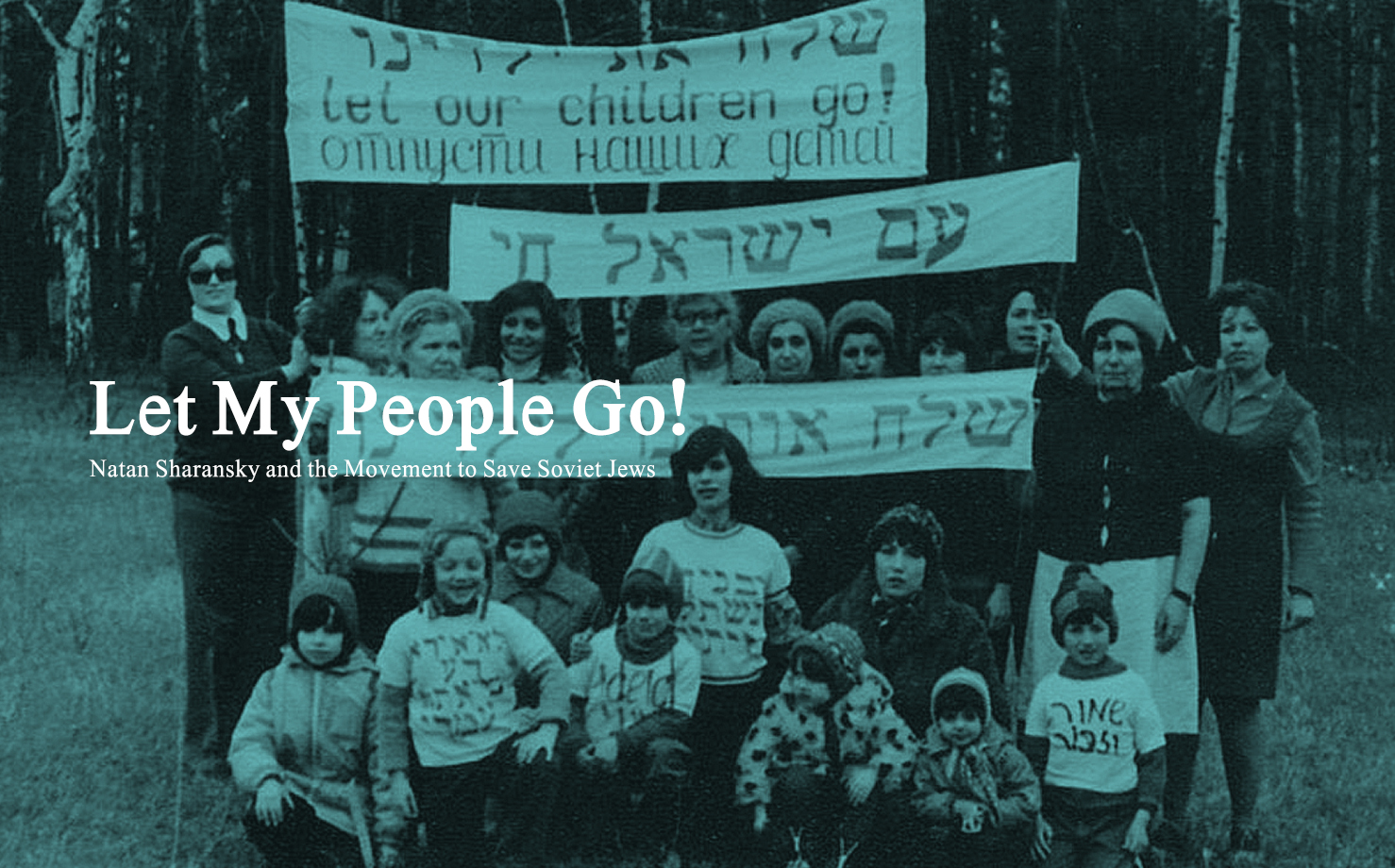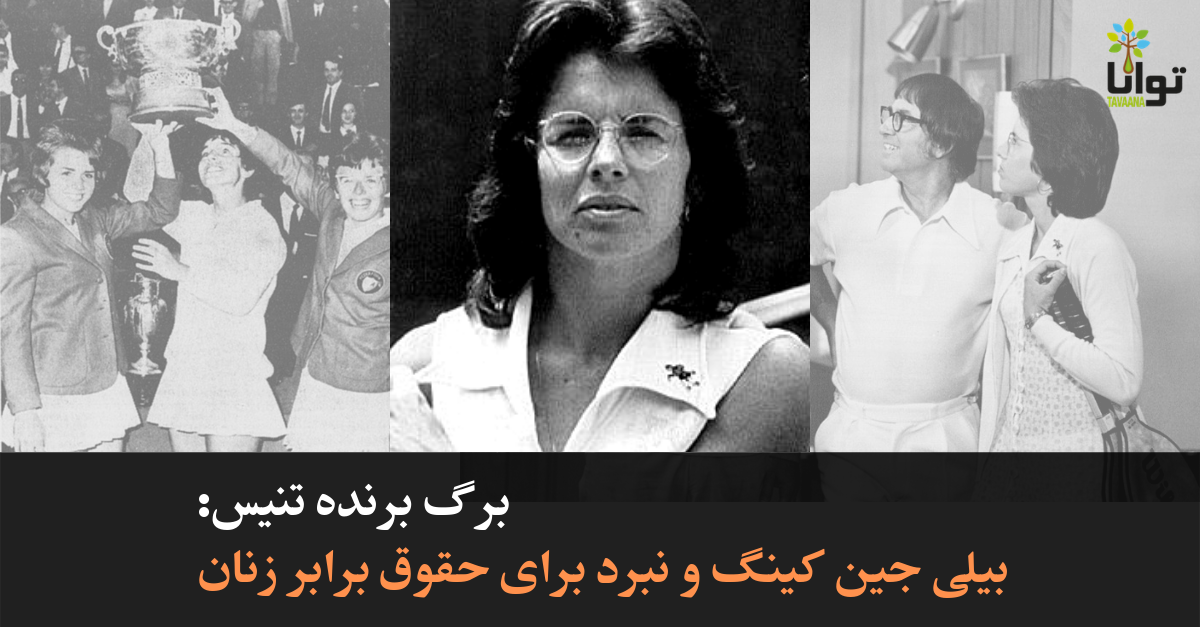Vision and Motivation
Bullying is a problem that faces millions of American schoolchildren, particularly teenagers. In the 2006-2007 school year alone, over 8.1 million students aged 12-18 reported being bullied at school.[1] Such widespread harassment and abuse help explain why suicide is the third-leading cause of death for American teenagers. For LGBT (lesbian, gay, bisexual, and transgender) students, however, bullying is an even greater issue, exacerbated by social stigmas and political controversies attached to gay identity, the gay community and gay rights. 61% of LGBT students in one study reported feeling unsafe at school, while students in this group have been found to be between twice and four times as likely to attempt suicide.[2] This harsh reality was thrown into the spotlight by a string of highly-publicized suicides by gay teens in September 2010, including Rutgers University freshman Tyler Clementi and 13 year-old Seth Walsh. Tyler Clementi’s death in particular drew international attention, as he had been involuntarily “outed” when his college roommate secretly recorded him having sex and posted the video online. Clementi killed himself by jumping from the George Washington Bridge connecting Manhattan and New Jersey on September 22, 2010.
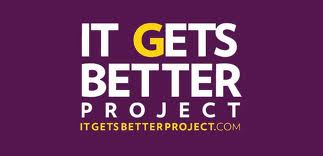 In response to these deaths, columnist and gay rights activist Dan Savage started the “It Gets Better” project with his husband Terry Miller, launching a dedicated YouTube channel on September 21, 2010. The purpose of the project was to allow adult members of the gay community to reach out to LGBT youth, offering them compassion and encouragement in the face of bullying and harassment. As Savage explained in March 2011: “We wanted to encourage lesbian, gay, bi and trans adults to speak to queer youth about our adult lives, to share really our joy in our adult lives, because I believe when a 13 or 14 or 15-year-old gay kid kills himself, what he’s saying is that he can’t picture a future with enough joy in it to compensate for the pain he’s in now – if he’s being bullied by his peers, by his family, by his religious leaders.”[3] According to Savage and Miller, the absence of traditional support networks for some LGBT teenagers, such as those whose families or religious communities disapprove of their sexuality, places them at greater risk of isolation, hopelessness, and ultimately suicide. The It Gets Better project seeks to illustrate for gay youth the potential that exists for them after their school years by putting them in contact with other members of the gay community.
In response to these deaths, columnist and gay rights activist Dan Savage started the “It Gets Better” project with his husband Terry Miller, launching a dedicated YouTube channel on September 21, 2010. The purpose of the project was to allow adult members of the gay community to reach out to LGBT youth, offering them compassion and encouragement in the face of bullying and harassment. As Savage explained in March 2011: “We wanted to encourage lesbian, gay, bi and trans adults to speak to queer youth about our adult lives, to share really our joy in our adult lives, because I believe when a 13 or 14 or 15-year-old gay kid kills himself, what he’s saying is that he can’t picture a future with enough joy in it to compensate for the pain he’s in now – if he’s being bullied by his peers, by his family, by his religious leaders.”[3] According to Savage and Miller, the absence of traditional support networks for some LGBT teenagers, such as those whose families or religious communities disapprove of their sexuality, places them at greater risk of isolation, hopelessness, and ultimately suicide. The It Gets Better project seeks to illustrate for gay youth the potential that exists for them after their school years by putting them in contact with other members of the gay community.
Goals and Objectives
According to Savage, there was an unspoken barrier between gay adults and young people that prevented the two from communicating: “For a long time anytime a gay or lesbian adult tried to reach out to – because they felt empathy for – a gay kid, we were accused of recruiting, of being pedophiles. And there was sort of learned helplessness in the face of the persecution of gay and lesbian children on the part of gay and lesbian adults, where we felt like we couldn’t address it, we couldn’t talk to them. And the idea behind the project was for gay adults to talk to queer kids about our lives, to give them hope for their futures.”[4] By using the new channels of online outreach and communication, Savage and Miller sought to bypass these traditional restrictions and reach out to gay teenagers directly. In order to do so, they launched the “It Gets Better Project” YouTube channel, which initially consisted of a video message from the couple themselves and a request to other gay adults to record and upload their own messages. It Gets Better also sought to direct viewers to the Trevor Project, an organization dedicated to preventing suicides among LGBT youth which provides a hotline as well as outreach programs for them.[5]
Savage and Miller began with limited ambitions for the project, aiming for 100 video submissions. Thanks to the viral attention it drew on YouTube and other social media networks, however, the campaign spread wider and more quickly than they had dared hope for. By the end of the project’s first week, they had already received 1,000 videos.[6] Soon after the campaign’s launch, It Gets Better attracted attention, support, and participation from not just ordinary people but also major companies and high-profile public figures, and has continued to do so in the two years since its inception. Within a month, openly gay celebrities such as actor Zach Quinto and singer Adam Lambert had uploaded their own “It Gets Better” messages, and on October 13, Fort Worth city councilman Joel Burns, who is also openly gay, delivered an “It Gets Better” message during a council meeting that was uploaded to YouTube and has been viewed well over 2.7 million times since. As the campaign drew widespread media attention and participation, political figures and companies became involved. On October 21, 2010, even the White House released an “It Gets Better” video from President Barack Obama. Both Google and Facebook released “It Gets Better” videos featuring gay employees in the same month.[7] Since that time, a wide range of public figures and celebrities have contributed their own messages, including Secretary of State Hillary Clinton, talk show host Ellen DeGeneres, actress Anne Hathaway, satirist Stephen Colbert, and even religious figures like openly gay Episcopalian Bishop Gene Robinson and Lutheran Bishop Mark Hanson.
Leadership
 Even before starting It Gets Better, Dan Savage was an advocate for gay rights and issues affecting the LGBT community. He initially came to prominence as the author of Savage Love, an internationally-syndicated sex advice column which he has been writing since 1991. In that time, he has also become an outspoken and often controversial pundit and media figure, directly criticizing political conservatives and religious figures who oppose gay rights. Before launching the It Gets Better project, Savage had previously directed another online campaign, manipulating Google search results as a means of attacking then-Senator Rick Santorum after the latter referred to homosexuality as a form of “sexual deviancy” in 2003. Savage’s blunt and unambiguous advocacy has helped raise the media profile of the It Gets Better campaign, for which he has made numerous media appearances, encouraged public figures to lend their support, and continued to vocally criticize groups and policies which he believes are against the rights of the gay community. As It Gets Better grew in size and scope, Savage and Miller moved the operation from the YouTube channel to a dedicated website and created a 501(c)3 non-profit organization, based in Los Angeles, to administer it.
Even before starting It Gets Better, Dan Savage was an advocate for gay rights and issues affecting the LGBT community. He initially came to prominence as the author of Savage Love, an internationally-syndicated sex advice column which he has been writing since 1991. In that time, he has also become an outspoken and often controversial pundit and media figure, directly criticizing political conservatives and religious figures who oppose gay rights. Before launching the It Gets Better project, Savage had previously directed another online campaign, manipulating Google search results as a means of attacking then-Senator Rick Santorum after the latter referred to homosexuality as a form of “sexual deviancy” in 2003. Savage’s blunt and unambiguous advocacy has helped raise the media profile of the It Gets Better campaign, for which he has made numerous media appearances, encouraged public figures to lend their support, and continued to vocally criticize groups and policies which he believes are against the rights of the gay community. As It Gets Better grew in size and scope, Savage and Miller moved the operation from the YouTube channel to a dedicated website and created a 501(c)3 non-profit organization, based in Los Angeles, to administer it.
As a viral campaign, one of the most important aspects of It Gets Better is the movement’s decentralization. Savage and Miller are the creators of the project and administer the non-profit organization that has been born out of it, but the tens of thousands of videos that have been uploaded are the heartfelt products of individuals unaffiliated with the group. To participate in the project, these people simply had to record themselves and upload their messages to their personal YouTube accounts. In some cases, individuals unaffiliated with the project took it upon themselves to start their own movements under the banner of It Gets Better, such as dedicated San Francisco Giants fan Sean Chapin. In support of the project, he began an online petition asking the franchise, then Major League Baseball (MLB) defending champions, to record an It Gets Better video of their own. After over 6,500 people, including four candidates for the Mayor of San Francisco, signed his petition, the Giants agreed to record an It Gets Better video, which they released in June 2011.[8] The Boston Red Sox, Los Angeles Dodgers, Tampa Bay Rays, Philadelphia Phillies, Chicago Cubs, and Baltimore Orioles baseball teams followed suit over the course of the 2011 baseball season. Together, these eight teams account for over one-fourth of the teams in the MLB, one of the world’s largest professional sports leagues.[9]
Civic Environment
Gay rights have been a controversial issue in the United States for decades, although the gay community has made major strides in achieving social acceptance and overcoming discriminatory laws and practices. The shift in public opinion is readily apparent in attitudes toward same-sex marriage, one of the most divisive questions in American politics. In 1996, polling found that only 27% of Americans supported the legalization of same-sex marriage and that 68% were opposed. In 2011, however, 53% of Americans stated that they supported the right of same-sex couples to marry, making those who held this view a majority for the first time.[10] Under the Obama administration, for whom the LGBT community is a vital constituency, policies such as Don’t Ask, Don’t Tell, which prevented openly gay men and women from serving in the military, have been stuck down. Nevertheless, discriminatory laws and policies continue to exist. As Savage argued in 2010: “Really, when it comes to gay rights, there are two wars going on. The first war is political. But the culture war is over. Between Glee [a popular TV show featuring gay characters] and Ellen [DeGeneres, a lesbian talk show host] and how integrated and accepted LGBT adults are, that’s done. So it’s very frustrating to be steeped in how culturally accepted we are and know that there are all these legislative things that we just can’t seem to make any progress on.”[11]
Message and Audience
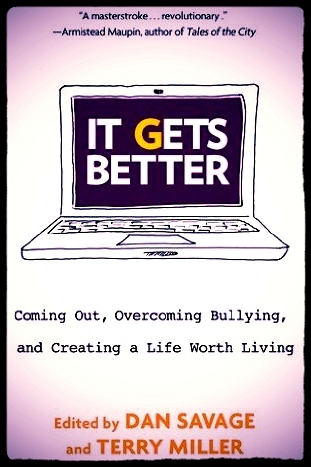 The It Gets Better campaign specifically targets youth most at-risk for suicide, namely those in rural areas and conservative surroundings where pressure and stigmatization are strongest and where adult gay role models are least present. As the It Gets Better program makes clear, the fundamental difference between the bullying of straight and gay teens is that LGBT youth often cannot count on support from their families and loved ones, many of whom may harbor prejudice against gay people. According to Savage and Miller, such youth need outside encouragement from adult members of the community who understand their struggles. In the videos produced by gay celebrities and ordinary people, milestones that await gay teenagers after their school years are a common theme. LGBT adults use the videos to discuss their friendships, partners, children, careers, and accomplishments as a way of illustrating the fulfillment that they have drawn from their openly gay lives.
The It Gets Better campaign specifically targets youth most at-risk for suicide, namely those in rural areas and conservative surroundings where pressure and stigmatization are strongest and where adult gay role models are least present. As the It Gets Better program makes clear, the fundamental difference between the bullying of straight and gay teens is that LGBT youth often cannot count on support from their families and loved ones, many of whom may harbor prejudice against gay people. According to Savage and Miller, such youth need outside encouragement from adult members of the community who understand their struggles. In the videos produced by gay celebrities and ordinary people, milestones that await gay teenagers after their school years are a common theme. LGBT adults use the videos to discuss their friendships, partners, children, careers, and accomplishments as a way of illustrating the fulfillment that they have drawn from their openly gay lives.
Discussing an email from a teenage girl who wrote to him, Savage described how It Gets Better can help provide a lifeline: “This girl wrote to say that she’s 15, she tried to come out. Her parents freaked out, threatened to throw her out of the house, threatened to not let her see her siblings anymore, not pay for her education. And so she went back in the closet and told them that she made a mistake, that she was just a tomboy and was confused… And she wrote me to tell me that she was watching the videos, and they were really helping her be strong and filling her with hope that her family could come around, because a lot of the videos, and now the essays in the book, are by people…whose families had similar reactions and then came around and are now supportive. And she wrote to tell me that the videos were keeping her sane and she was watching them in her room at night, under the covers, on her iPad. And so that one email for me really captures the reach and power of this project, that LGBT adults are able to talk to this girl and give her hope for her future and for her family, give her hope that her family will heal, and talk to her whether her parents want us to or not.”[12]
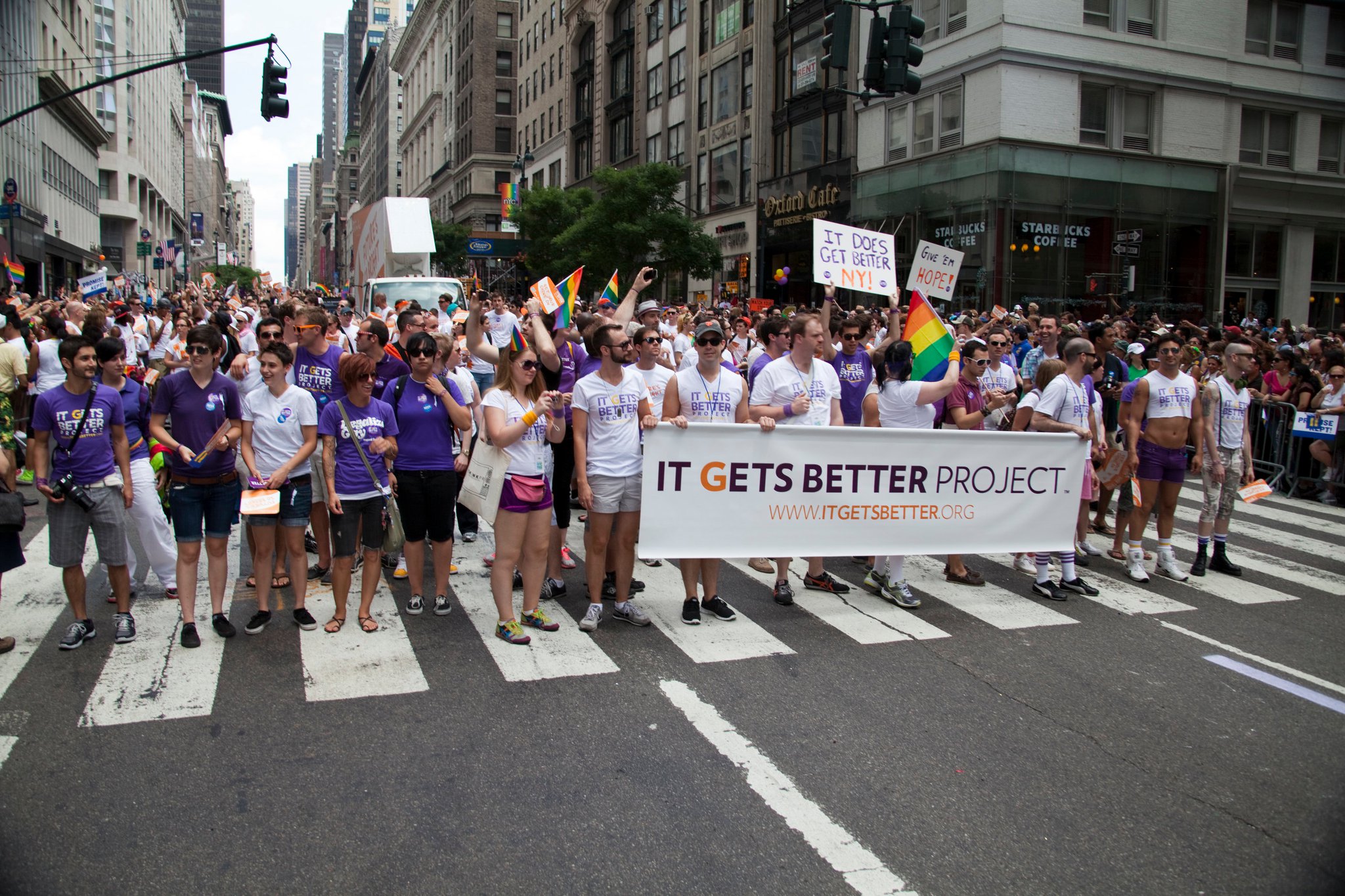 In order to make the message of It Gets Better as accessible as possible, the campaign has moved beyond the Internet to branch out into more traditional forms of media. In March 2011, the project published It Gets Better: Coming Out, Overcoming Bullying, and Creating a Life Worth Living, a print edition of the campaign which included transcripts from 100 of the videos that had been uploaded to YouTube along with companion essays. For those youth unwilling or unable to access the campaign’s videos online, the book is intended as a resource to be made available in school and public libraries. In order to further that goal, It Gets Better has set up donation drives where supporters can give $25 to order a copy for the school of their choice. According to the It Gets Better website, over 1,500 books have already been donated across the United States, and the organization seeks to increase that number to 2,500.[13] In addition to the books, It Gets Better has also coordinated with MTV, a channel whose programming primarily caters to teenagers and young adults, to create an hour-long “It Gets Better” special. The program, anchored by Dan Savage, followed the lives of three LGBT young people struggling with their sexual orientation.[14] The campaign and MTV have announced that a follow-up special will be produced, and is expected to air in the fall of 2012.[15]
In order to make the message of It Gets Better as accessible as possible, the campaign has moved beyond the Internet to branch out into more traditional forms of media. In March 2011, the project published It Gets Better: Coming Out, Overcoming Bullying, and Creating a Life Worth Living, a print edition of the campaign which included transcripts from 100 of the videos that had been uploaded to YouTube along with companion essays. For those youth unwilling or unable to access the campaign’s videos online, the book is intended as a resource to be made available in school and public libraries. In order to further that goal, It Gets Better has set up donation drives where supporters can give $25 to order a copy for the school of their choice. According to the It Gets Better website, over 1,500 books have already been donated across the United States, and the organization seeks to increase that number to 2,500.[13] In addition to the books, It Gets Better has also coordinated with MTV, a channel whose programming primarily caters to teenagers and young adults, to create an hour-long “It Gets Better” special. The program, anchored by Dan Savage, followed the lives of three LGBT young people struggling with their sexual orientation.[14] The campaign and MTV have announced that a follow-up special will be produced, and is expected to air in the fall of 2012.[15]
Outreach Activities
Alongside the franchises of Major League Baseball, several major corporations have joined the campaign, including Google and Facebook, Gap, Disney, Dreamworks, Pixar, Visa, Apple, and NBC, among others, have posted videos of their own to YouTube.[16] The considerable attention that the campaign has attracted on the Internet has led it to move beyond the United States, with YouTube users living abroad contributing videos to the project and non-U.S. groups creating parallel efforts. The It Gets Better Youtube Channel includes videos from people living in Great Britain, Canada, Venezuela, Israel, Australia, China, Malaysia, and Finland.[17] In Great Britain, an LGBT charity known as Stonewall started an “It Gets Better…Today” campaign, modeled on the American version created by Savage and Miller. In addition to British journalists, athletes, entertainers, and Members of Parliament, Prime Minister David Cameron contributed a message to the Stonewall version of It Gets Better.[18] In South Africa, students at the University of Cape Town created their own series of 18 videos which included a message from Archbishop Desmond Tutu, former anti-apartheid activist and winner of the Nobel Peace Prize.[19]
Tutu compared the struggle for gay rights to his generation’s fight against apartheid, stating in his video message: “We struggled for freedom in this country, to make things better. I am relying on you to continue this struggle for everyone. If you experience discrimination on the grounds of sexual orientation, I want you to know that it gets better.”[20]
Today, videos continue to be contributed to the effort, and the non-profit organization that was created out of it remains an active part of gay rights and anti-bullying activism. In the nearly two years since its creation, 50,000 videos have been uploaded as part of the It Gets Better project. Altogether, these videos have been viewed over 50 million times. Furthermore, on the non-profit’s official website, over 525,000 people have signed a pledge to support It Gets Better.[21]As the campaign’s book and television specials indicate, the organization is embracing a variety of media in order to reach out to LGBT young people. In a video announcing the release of their book in 2011, Savage and Miller summarized the impact of the It Gets Better campaign: “For too long, gay, lesbian, bi/trans adults stood by, feeling like there was nothing we could do about the bullying of gay and lesbian kids in high schools and middle schools, and the It Gets Better campaign really got people involved, it really activated people, and now people are making so much more than just videos. People are making a real difference.”[22]
Learn More
http://www.thetrevorproject.org/
Original It Gets Better message from Dan Savage and Terry Miller
President Barack Obama’s It Gets Better message
Tavaana Case Study on Harvey Milk
Tavaana interview with Arsham Parsi, Iranian Gay Rights Activist
It Gets Better: A message from Apple employees
Footnotes
[2] Mellin, Elizabeth and Tamar Hinojosa, “Anti-Gay Bullying and Suicide: Implications and Resources for Counselors.” Counselion Counselor Education Newsletter, Penn State University. March 2011.
[4] “Dan Savage: For Gay Teens, Life Gets Better”.
[6] The Trevor Project.
[12]“Dan Savage: For Gay Teens, Life Gets Better.”
[13] “Help Us Reach our Goal: 2,500 ‘It Gets Better’ Books in Schools and LIbraries.” It Gets Better.
[20] Archbishop Desmond Tutu.

